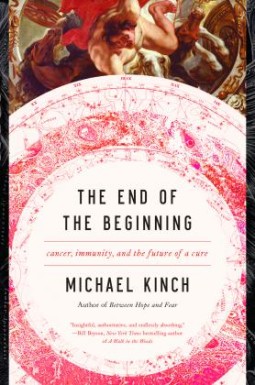 Despite all the advances in modern medical science, a diagnosis of Cancer often casts a pallor of hopelessness, for both the patient and the practitioner. For many types the prognosis is often poor; the cure is often worse than the disease; victory is usually called simply remission, temporary, perhaps fleeting. One might think the inability to find a cure indicates bafflement by our scientists and stagnation in our efforts. According to Professor Michael Kinch, there is in fact a frenzy of activity by scientists and doctors. And a recent spate of breakthroughs, developing treatments based on the inherent powers of our immune systems, represent not a refutation of all we have known before, but a continuation of efforts made by medical pioneers stretching back over a century. His latest book is titled The End of The Beginning: Cancer, Immunity and the Future of a Cure. Kinch was a professor at Purdue University, where he researched breast and prostate cancer. He then went on to found an oncology program at the biotechnology company MedImmune. He is now professor and vice-chancellor at Washington University in St. Louis. Here he shares with Chip Grandits stories from the front lines in the battle with cancer, both past and present. He speaks with what can best be described as a disciplined optimism.
Despite all the advances in modern medical science, a diagnosis of Cancer often casts a pallor of hopelessness, for both the patient and the practitioner. For many types the prognosis is often poor; the cure is often worse than the disease; victory is usually called simply remission, temporary, perhaps fleeting. One might think the inability to find a cure indicates bafflement by our scientists and stagnation in our efforts. According to Professor Michael Kinch, there is in fact a frenzy of activity by scientists and doctors. And a recent spate of breakthroughs, developing treatments based on the inherent powers of our immune systems, represent not a refutation of all we have known before, but a continuation of efforts made by medical pioneers stretching back over a century. His latest book is titled The End of The Beginning: Cancer, Immunity and the Future of a Cure. Kinch was a professor at Purdue University, where he researched breast and prostate cancer. He then went on to found an oncology program at the biotechnology company MedImmune. He is now professor and vice-chancellor at Washington University in St. Louis. Here he shares with Chip Grandits stories from the front lines in the battle with cancer, both past and present. He speaks with what can best be described as a disciplined optimism.
Host: Chip Grandits
Producer: Chip Grandits
Engineer: Chip Grandits
Additional Contributions: Joel Parker
Executive Producer: Joel Parker
Listen to the show:
Podcast: Play in new window | Download (Duration: 27:33 — 25.2MB)
Subscribe: RSS

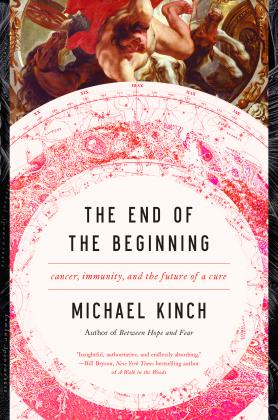



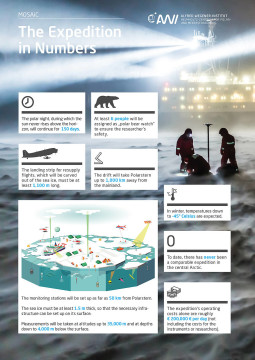


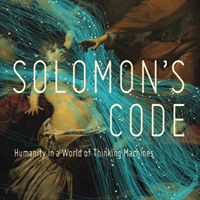

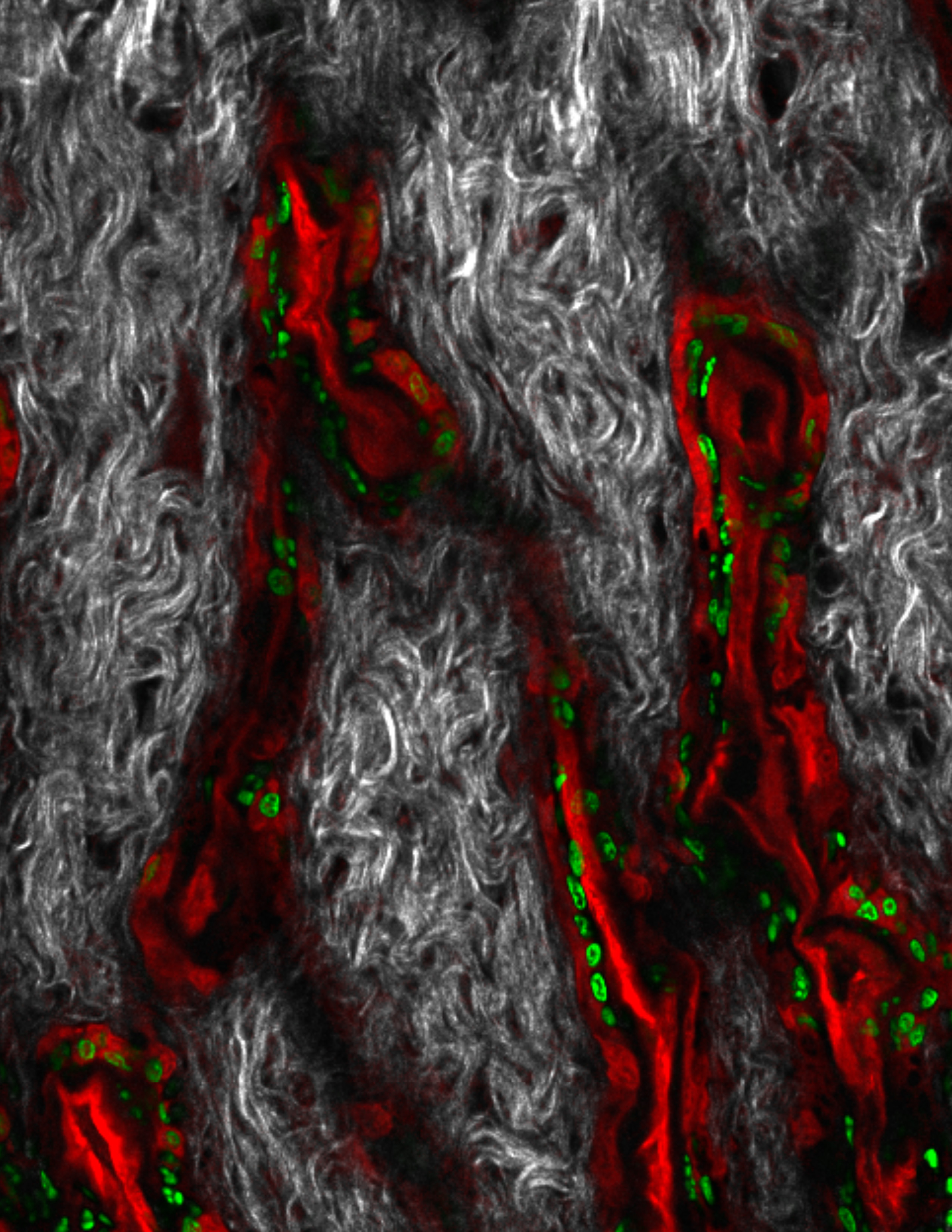
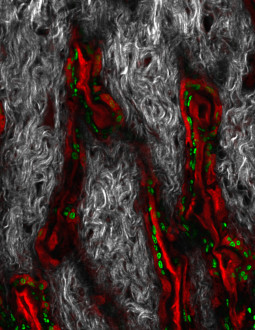
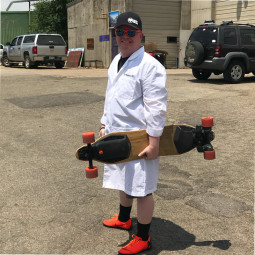

 Attention all Nature Lovers and Amateur Naturalists, Friday April 27th kicks of the
Attention all Nature Lovers and Amateur Naturalists, Friday April 27th kicks of the 


